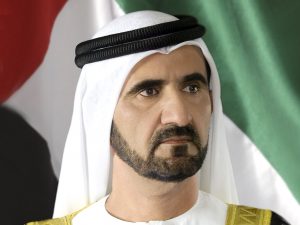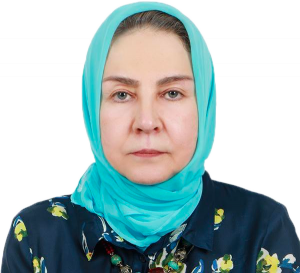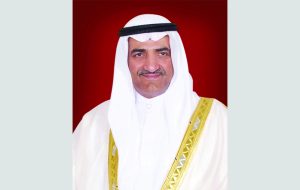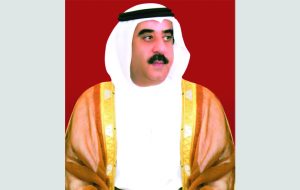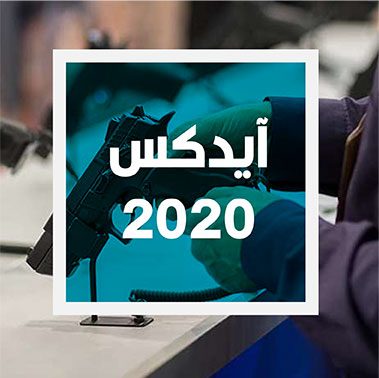Societies have various aspects of diversity, including those regarding geography, nationalism, values, and culture, in addition to social, ethnic, and ideological differences.
This diversity reflects the situation the community lives in, within a common political space, making it a feature of most modern societies.
Diverse societies do not form automatically but as a result of choosing diversity as a value, making decisions, and investing in that value, in addition to having the political will to promote diversity, supported by official and unofficial institutions’ reaffirmation of that choice.
Responding to diversity facilitates mutual recognition of other people and enhances the sense of belonging.
It also has important positive effects on the prevention of conflicts if it relied on a wide range of structural and systemic policies and practices adopted by many actors in the short and long term.
Over the past several decades, and especially since the end of the Cold War, identity conflicts have become a major form of organized violence, in Rwanda, the Democratic Republic of the Congo, Sudan, South Sudan, Yugoslavia, Syria, Sri Lanka, and Iraq, most of which in societies that have substituted violence for the acceptance and management of diversity peacefully.
Therefore, violence is usually preceded by exaggerating narratives that justify the exclusion of others, followed by actions that lead to the abolition of the reasons for coexistence and the undermining of mutual interests, plunging societies into civil wars.
Some believe that having people from different backgrounds makes countries a better place to live, as people learn from each other, which in turn promotes understanding and learning about other cultures and different perspectives in society.
This helps people get rid of negative stereotypes and personal prejudices about different groups.
Furthermore, diversity helps build bridges of trust, respect, and understanding across cultures, helping people from diverse cultures contribute to developing language skills, ways of thinking, and new knowledge, in addition to accumulating different experiences in the societies they live in.
Diversity boosts innovation and the development of ideas regarding products and services, given the diverse backgrounds and cultural knowledge that individuals have in assessing and solving problems and their willingness to take risks.
Cultural diversity is tested in cities, which provide the best opportunities for people to live together and develop a better understanding of one another through new and positive experiences, and what better example than the tolerant United Arab Emirates, which offers a life full of diversity and acceptance.
